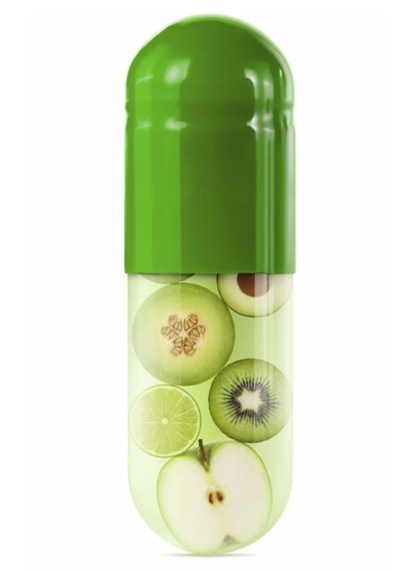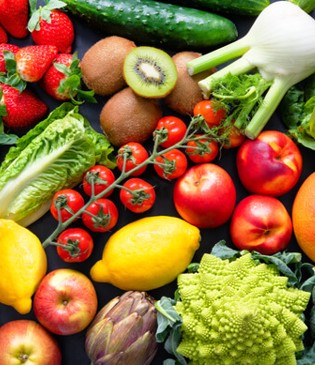Unparalleled reductions in cholesterol levels are now possible with a new class of cholesterol medicine, a PCSK9 antibody.
But this latest example of high-tech cholesterol treatment comes with a staggering price tag: initially $14,000 a year (later dropped to ~$8,000 due to professional and public pushback) for the new genetically engineered injectable. As a preventive cardiologist, I began to wonder if this is the best way to spend our money.
A few caveats first. This novel treatment for cholesterol promises to be a breakthrough for a small but significant group of people with a severe inherited form of high cholesterol for which effective treatments were previously lacking. And certainly, there is another group of people in need of extreme cholesterol lowering who stand to benefit from this pricey new drug because they cannot tolerate the side effects from conventional treatment with statins.
While acknowledging these important exceptions, my concern is that the accepted indications for this shiny new medicine will eventually creep, as so many do, into a wider range of situations that could be more effectively, and economically, addressed through lifestyle changes.
To illustrate the point, I used the $14,000 initial annual cost of the new cholesterol medicine as the basis to construct an alternative shopping list—one related to evidence-based healthy food and lifestyle choices.
To stack toward the high end, organic food prices were obtained from my visit to a large, organic grocery store known for selling Foods in Their Entirety.
This is what $14,000 can purchase:
Daily cost:
- Spinach (2 cups per day): $4.00
- Tomatoes (1 per day): $1.50
- Avocados (1 per day): $1.66
- Apples (1 per day): $1.50
- Blueberries: (1 cup per day): $2.90
- Red beans (1 cup per day): $1.28
- Quinoa (1 cup per day): $1.14
- Oatmeal (1 cup per day): $0.20
- Nuts: (1 handful per day) $0.90
- Wild-caught salmon (6 ounces twice a week): $10.50/week
- Tofu (1 serving per day): $0.40
Since men and women do not live on quinoa alone…
- Red wine (1 glass per day from a $12 bottle): $2.40
Annual Costs:
- Food: $7,073.70
- Fitness Club Membership: $1,000
- Exercise Trainer ($80/week): $4,160
- Yoga Class ($20/week): $1,040
- Charitable Donation (good for the heart): $726.30
Total:
$14,000.00
Potential Side Effects of This Healthy Lifestyle Plan:
- Increased energy
- Greater sense of wellbeing
- Blueberry stains
How do we get the most value for our money? For the select group who, by inheritance or drug intolerance, have few options, there is no doubt that the expensive new cholesterol drugs offer significant promise.
But current indications for these expensive medicines also includes a great many more people with coronary disease who take conventional medication but can’t quite lower their cholesterol sufficiently. For those and others, who knows how a very expensive high-tech drug would hold up to the same investment in a healthy lifestyle? We’ll never know because no pharmaceutical company is likely to ever sponsor such a study.
It’s not an issue of high or low tech. We need both. But the high price tag of the newest cholesterol drug begs the question as to whether there might be an even more effective, and more economical, lifestyle-based solution for all but a select group.
Of course, a healthy lifestyle can’t just be bought. But thousands of dollars per year invested in a healthy diet and lifestyle can provide a lot of the tools—both in terms of access for those in whom it is currently limited, and in effective education and coaching for individuals who have the means but have been overly directed to pharmaceutical solutions. As a preventive cardiologist for over 25 years, I speak from experience to say that an investment in healthy lifestyle is priceless.
Interested in eating better for your own health?
Learn the essentials of good nutrition in our interactive, user-friendly nutrition learning program for the public.
Clinicians: Do you feel confident responding to patient questions about nutrition?
Take our award-winning condensed interactive nutrition CME—and learn what every clinician should know about nutrition.



